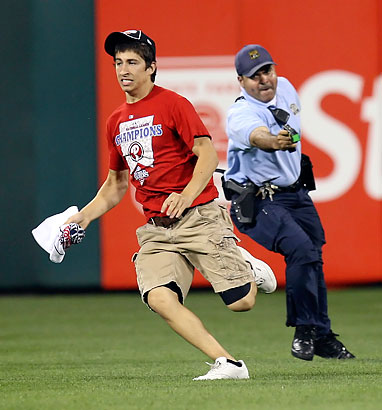For quite a few years now our town pool,
Moriello, has been an issue of debate and contention. So much so that after awhile many of us get so sick of talking about it we throw up our hands in frustration and refuse to talk about it. The
overpriced, shabby bathhouse took years to build. Many people take issue with the fact that the pool is not open to the public till noon. But those posts are for another day (or never).Today, I want to write about a possible solution to the playground problem.
From Memorial Day to Labor Day, the playground at Moriello is only open to pool members or those that pay a daily fee. This is problematic for people who believe all town residents should have open access irrespective of pool usage, in particular, many of the private donors who contributed funds towards the building of the playground.
In order to provide an equitable solution, I propose we explore the possibility of funding the pool through the tax levy instead of membership and user fees. So, the key question is: What would the added cost be to taxpayers if we eliminated memberships and user fees for town residents at the pool and spread the tax burden to all taxpayers so that everybody could be let in?
I asked Toni Hokanson and here are some preliminary numbers, her words:
if the estimated pool revenue is put back into the budget to be generated by taxes then a $245,000 house would pay an additional $16; a $500,000 house, $33; and a $1 million dollar house, $66.
So, these figures seem reasonable to me, would allow access to all town residents to the playground regardless of their desire to swim, and would allow for many people who cannot afford a membership now to be able to use the pool all season long. (A family membership this year costs $150.) However, there are concerns that this system would increase usage so much so that maximum capacity would be reached too often and people might be turned away.
So, I have requested this discussion item be put on the agenda for the 7/23 Town Board meeting and for the following information to be made available for the discussion (perhaps ambitious to get by then – I made this request yesterday – but what they could get by 7/23 should be enough to start the conversation):
* Revenue generated by memberships and day rates paid by town residents for the last 5 years
* (Confirmed) Estimated increase in tax rates if these revenues were collected as part of the tax levy and not user memberships and fees
* Pool usage figures for the last 5 years: daily head counts, average daily head count
* Pool usage figures (above) broken down by members/residents paying fees/non-residents paying fees and adults/kids
* Dates in the past 5 years when the pool exceeded max capacity
* Documentation on how max capacity is computed (how do they compute that anyway since people only sign in and not out?)
* Projected population figures for the town for the next 5 years
I passed this idea by my fellow Gadfly Terence, and here are his thoughts:
Generally, I support this notion and believe it to be affordable, but some thoughts to consider:
* $16 is not very much, but that same reasoning could easily be applied to any number of excellent projects. It doesn't take much for collective pittances to become a pit of taxation that isn't very affordable. As long as we're bound to the medieval system of taxing land instead of wealth, we must approach any increase, no matter how small, with the big picture in mind.
* We could probably fund this easily by simply making the police stop buying gas hogs and put them back into cars like the rest of us. Crime fighting cars to be sure, but ones that get 40 MPG minimum would be nice.
* The plastic pool house continues to be a problem, but it could cut either way:
- It barely increased restroom capacity and is the reason why the playground and barbecues must be accessed only through the pool, we're told (although removing the fence around the playground wouldn't increase liability beyond what Hasbrouck Park now faces, so I doubt that argument).
- Because it's so substandard, it may just keep people away, encouraging them to go to the county's pool, which has a building made of permanent materials instead of Lego.
* Plenty of people aren't paying for the pool now, so the figures aren't remotely accurate. All one has to do is sign in on the member list to gain access, and this is the way that many kids (and probably some adults) get in a swim. Rather than cracking down on the offenders, I would think that moving to taxation is a way to get the necessary funding without punishing overheated poor people.
* Kids are much less likely to carry wallets with ID, and it's important to make access easy for everyone. Our current, and ineffective, gate system would work quite well if residents didn't have to pay. The few non-residents who use our pool in favor of the county's would actually be a much lower number than the percentage of non-payers we currently enjoy.
Thoughts? Please comment here… and come to the Town Board meeting on the 23rd.
kt Tobin Flusser and Terence Ward
.png)

